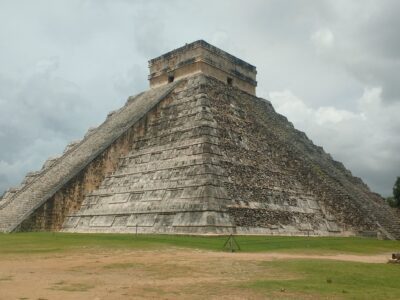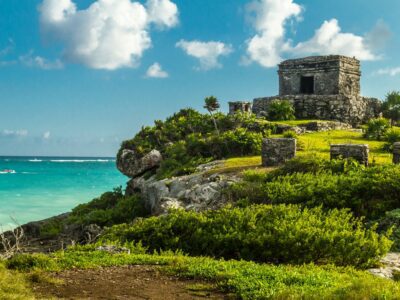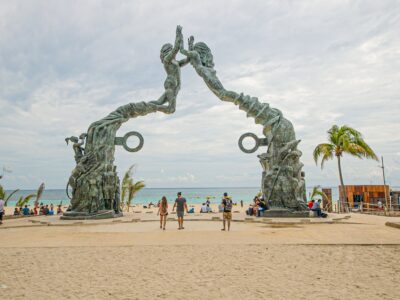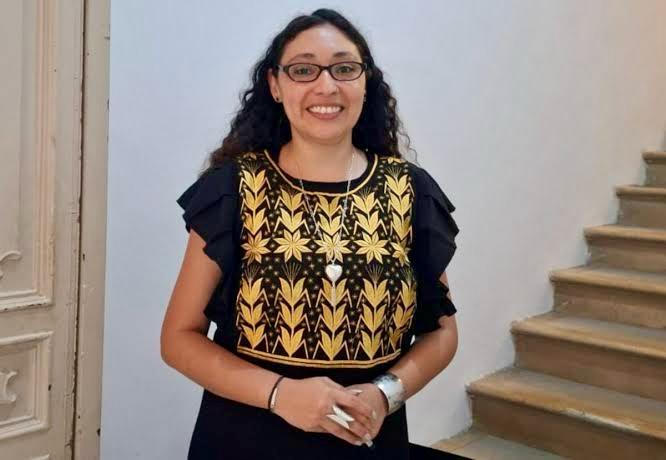The Afro-descendant community of Hunucmá developed various jobs and trades, such as shoemaker and tailor, which is known from the way the population was registered before the creation of the Civil Registry. But at the end of the 19th century, when this office was established, people began to be designated simply as citizens, without their caste or origin.
Doctor in History Alejandra Sotomayor Sandoval, researcher at the University of Guadalajara, referred to these concepts in recent days at the conference “Invisibilization of castes in Hunucmá, Yucatán, 19th century”, as part of the Congress of Demographic History, in the Canton Palace Museum.
The expert recalled that several works have been published on the Afro-descendant presence in the New Spain era in Yucatán, particularly in Hunucmá.
Her doctoral work reconstructs the history of these families. At the congress, the book “Nuptiality in New Spain” will be presented, which includes a chapter on the families of black people in Hunucmá.
Sotomayor Sandoval explained that the process of making these people invisible occurred with the creation of the Civil Registry. In Hunucmá, the first book in that office is from 1866.
The historian said that archaeologists have pointed out Hunucmá as a pre-colonial settlement; in fact, they recorded basements in the Sisal area. The Franciscan friars reorganized the population in what is currently Hunucmá, Tetiz, Kinchil, and Sisal, which at that time was depopulated.

People from Africa arrived in Yucatan who married Mayan inhabitants and even became chiefs of the place.
“We have people of African descent or castes who are chiefs during the New Spain era,” noted the historian. “These families merge at the population and socioeconomic level. They resume local activities, but they also get involved in livestock farming, which is something they dominate, working on the ranches, on the haciendas.”
They were few compared to the Mayan population, so there was “a very great level of acculturation that to this day we cannot identify them.”
By “turning Afro-descendants into Mexicans” there is a process of invisibility that erases their history and leaves it forgotten.
The doctor in History revealed that, in the parish books, in the first records, there is data on a person from the Congo and another from Angola. They were adults and were baptized in Hunucmá.
TYT Newsroom
The post “They erased Afro-descendence in Yucatán”, says a historian first appeared on The Yucatan Times.














